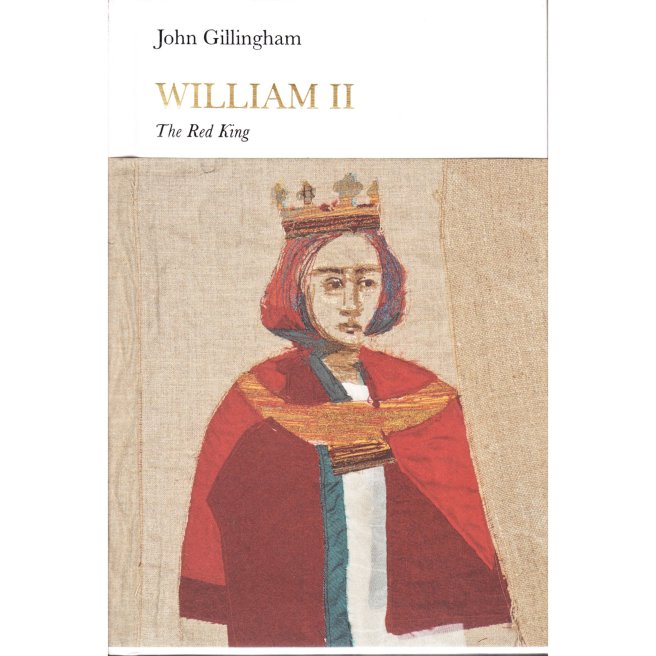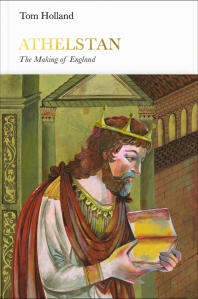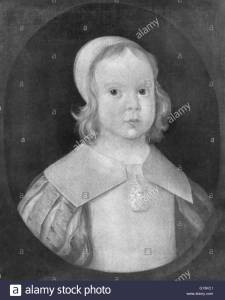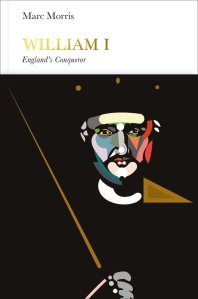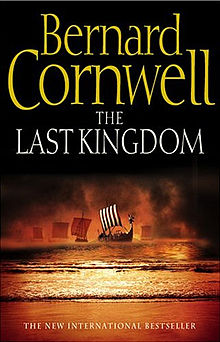
I enjoyed reading Bernard Cornwell’s The Last Kingdom, all in all. Although I fancied the series, I hadn’t been intending on reading the book until Amazon offered it to me for free. It follows the Danish conquest of England, kingdom by kingdom, until it finally falters in the Wessex of Alfred the Great, following the main events with brio and with a great measure of historical accuracy (and Cornwell is decent enough in his afterword to explain where and why he deviated from the historical record slightly). Being a native of the North East, I was pleased to see the action develop from the old Northumbrian stronghold of Bebbanburgh/Bamburgh, with Gyrruum/Jarrow and Dunholm/Durham also featuring in the action. The period detail is convincing, with the description of a filthy Dark ages Lundene/London, infested with Kites, and half made up of crumbling Roman ruins, being quite thrilling. And all that war, and Viking marauding is quite fun too, if you don’t take it too seriously.
The more I read, the more the impression formed that Cornwell preferred the Danes to the English, which, for a series about the defence and (eventual) triumph of the English, is a bit odd. The protagonist, Utred, is fostered by a Danish lord after his father is slain at the siege of York, and he spends as much of the novel fighting for the Danish conquerors as for the English. This allows us to see the conquest from the point of view of both the Danish conquerors and their English enemies. And the Danes though brutal and often murderous, are drawn much more sympathetically than the English. They are stronger, more resourceful, better seafarers, better warriors and better builders than their English hosts. That makes sense, I suppose – after all, they did conquer a great deal of England, and it is only natural that a motivated warrior people fight better than a settled population of farmers and priests. But the Danes aren’t just better at war – often they are better people, more straightforward, more honest and more resolute than the dissembling, craven, priest-ridden English.
Sure, the Danes are shown to be murderous and greedy – but the narrator is not particularly disapproving of these traits, and while we see a lot of pillaging and marauding, the raping side of the whole pillaging business is kept in the background. When a vile deed is perpetrated by a Dane, they oft seem to be justified, either by their own warrior code, or because their victims deserved it: Utred’s foster father murders a village elder on the spot for lying about where treasure is hid, while he lets those who tell the truth live, and admires those, like Utred, who defy him; when a nunnery on the north bank of the Tyne is pillaged and its nuns raped (the likes of which which probably happened), it is said this is revenge for the monks of Jarrow molesting the women of a Viking settlement down river (which probably didn’t happen).
This last event is all of a part with a seam of anti-clericalism that runs through the book. Priests are lisping, giggly, pedantic and, needless to say, cowardly. In Cornwell’s world it seems that Christianity had weakened the fibre of the English spirit, because he very much likes the pagan Danes better. The East Anglian King Edmund, for example, is shown not as a martyr for Christianity in England, as the church teaches, but the victim of his own vainglorious boasting about miracles, an episode told not without relish. Alfred himself always has his clerics in tow, and his guilt at having sinned through adultery is mocked by the narrator. When a young East Anglian girl joins the Danish retinue, and becomes Utred’s companian and lover, she tells a story of how the local prelate molested her, and she is glad to hear of his death. Of course, it is possible – even likely – that there were such instances of clerical abuse back then – as some instances abuse of the vulnerable by those who care for them has no doubt happened in every palce and era, sadly, – but rape by a marauding Viking must have been a much bigger threat in East Anglia in that period. Cornwell ‘s animus against Christianity is focused through these somewhat anachronistic figures – paedophile priests from recent church scandals and giggly, hypocritical monks a la the late middle ages – but for his protagonist Utred, the complaint against the church is that at every turn they want to restrain his freedoms, stick him behind a desk to study when he wants to be out fighting and sleeping around – it is a curiously modern, post-sexual revolution form of anti-clericalism.
Utred likes the Dane’s approach to religion. They have no organised worship, and simply pray to their Gods Odin and Thor on the eve of battle. Some of the more sympathetically drawn English characters share the old faith of the Danes, though showing outward loyalty to the Christian faith. One is the blacksmith he grew up with in the Castle of Bamburgh. It is well known that the Christian faith had not penetrated every corner of England by the Viking invasions, especially in the case of out of the way areas, such as Matlock, in which Utred meets a pagan family at one point (though I wonder if such areas may still have been semi-Celtic back then); but it stretches credulity that the heirs of Saint Oswald, at the Capital of England’s most Christian Kingdom, a short row away from its most impressive monastic community would have among them adherents of Wotan and Thor.
When the English do win a victory, Cornwell has it so that they owe this victory to lessons learned from the Danes. In the decisive battle of the book, the English pull off a shock victory – not through the wisdom of their leaders, who have led them into an ill-advised siege on a barren hill, but through the ingenuity of the Danicised Utred and his daring mission through the enemy camp.
All this does the dark ages English a disservice, I think. It depicts the English as a pallid and enervated next to their stronger Danish cousins, in hoc to a prudish Christianity, divided and bickering among themselves, and unable to stand up against the invaders. While aspects of Danish culture and life are described with relish, the English are indistinct by comparison. Whatever it was that in their culture that enabled them to eventually turn the tables on their conquerors is not apparent. In the same way, the story hardly reveals anything Great about Alfred – he is said to be clever, though something of a teetotaller and a pedant. But in reality he must have been a great man to have inspired the victories he did.
As this is book one of a long series, I guess the protagonist could change his tune down the line, and discover a love for his own country and a fierce hatred of its enemies, but it seems unlikely; the narrator, after all, is already speaking many years in the future, and he shares the same prejudices as his young self. As I read, though- as I’ve said- I quite enjoyed it, I started to wish there was a book out there that told the story from a viewpoint more sympathetic to the English, as the survival and unification of a great people in the face of a ruthless enemy, a story charged with an appreciation of the English and their customs, and their religion… but this isn’t that book.
A little after thought on the TV series
I wrote the lion’s share of the above blog post over a year ago, before succumbing to blogger’s ennui and neglecting to post it, and at the time I had not seen the TV series of the same name. Since then, I have watched the first five or six episodes on Amazon Video, before getting bored and giving up. I thought it would be at least as interesting as the book, but in fact in was a good deal slower – which I guess shows Cornwell’s talent for well-paced story-telling as well as the programme-makers lack of it. One of the things I had most enjoyed about the book was seeing 9th century England described as the marauding Vikings headed south from Bamburgh to York, Nottingham, Bury Saint Edmunds, London and Winchester. The description of the wild kite-haunted London, a kind of Anglo-Danish border town, was particularly well done. In the series, however, this is mostly edited out: it does a decent job of Bamburgh, which then – as now – is basically a castle and a village, and it captures some of the grandeur of the walled city of York, but the rest of the places are hardly shown –and the scene in London is edited out altogether. Most of the urban scenes take place in a kind of generic muddy medieval village, which is supposed to be Winchester I think. I realize it’s expensive to make sets, or even decent CGI, of medieval cities, but still. There was a general lack of a sense of place that could have been heightened in cheaper ways – they could have given the Northern characters Northern accents, the Southern characters Southern accents, for example, but the accents were all over the place. The acting was pretty good – there were some big name actors involved – but nothing to write home about. Oh, and the opening music was pretty damned awful – like something you might hear in one of those ‘alternative clothing shops’ by the hippy green in Newcastle, if they’re still there.
So, as for the TV series, it was not bad, but not that good either, which isn’t much of a recommendation.

